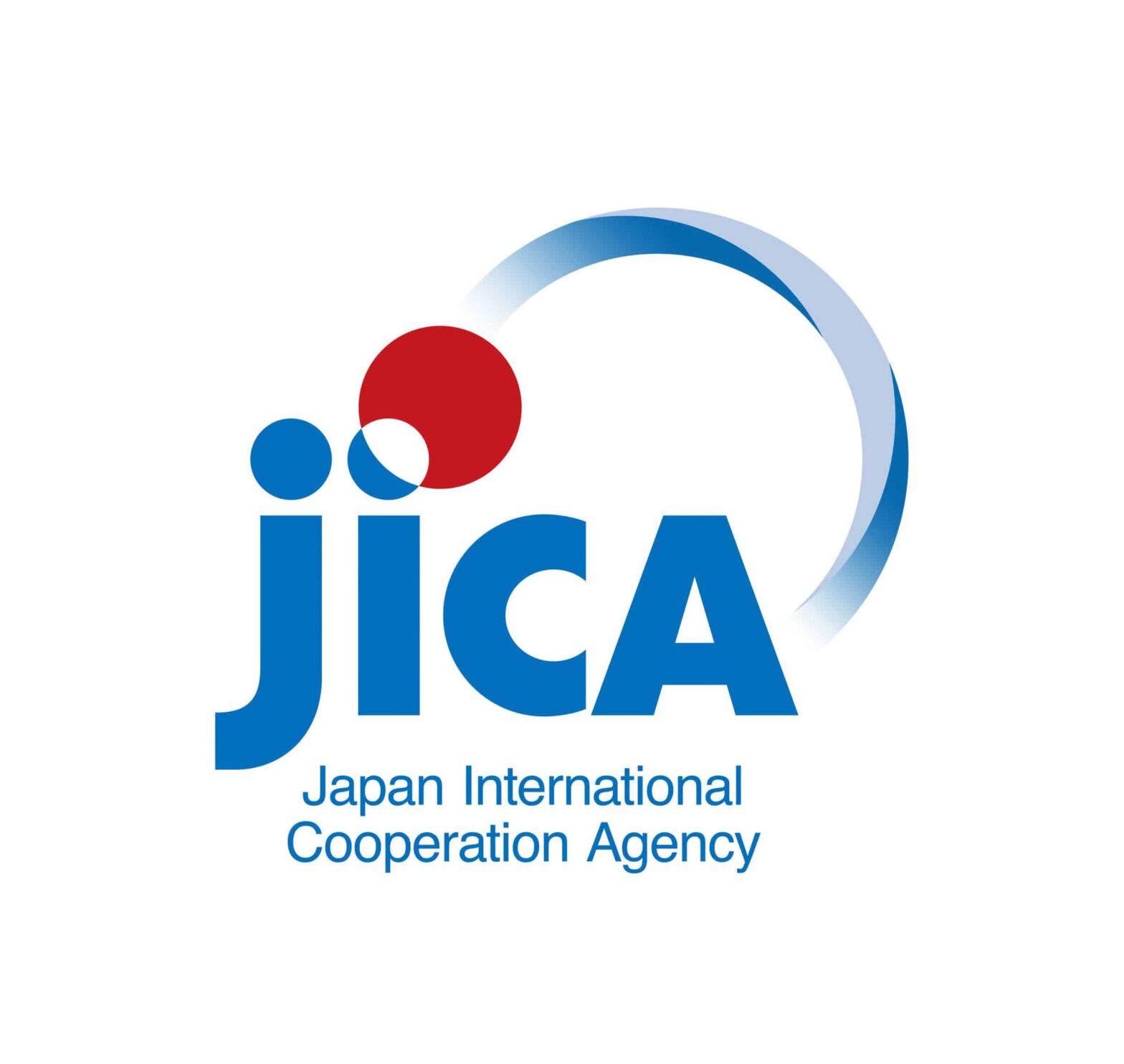When the Japan International Cooperation Agency (JICA) unveiled its new “Africa hometowns” initiative earlier this month, the aim appeared straightforward and hopeful: link Japanese regional cities with African nations through cultural exchange, business cooperation, and educational opportunities.
Four municipalities—Imabari in Ehime Prefecture, Kisarazu in Chiba Prefecture, Sanjo in Niigata Prefecture, and Nagai in Yamagata Prefecture—were chosen as symbolic partners. JICA described the program as a way to “build bridges of understanding between Japan and Africa.”
Yet what began as a gesture of goodwill quickly turned contentious. Within days, rumors spread online that the program was really a cover for “mass immigration” from Africa. By the time JICA issued corrections, city halls were already fielding angry calls, emails, and in-person complaints from worried residents.
The uproar sheds light on Japan’s fraught relationship with globalization and demographic change. It also highlights how, in the digital age, misinformation can derail international cooperation before it even begins.
What the Program Really Is
The “Africa hometowns” initiative is an extension of JICA’s decades-long mission of grassroots international exchange. Since the 1960s, JICA has sent volunteers overseas, supported infrastructure in developing countries, and facilitated student programs.
This new initiative focuses on four goals:
-
Pairing Japanese cities with African partners for cultural and educational exchange
-
Supporting business collaboration through training programs and technology-sharing
-
Expanding opportunities for youth, including internships and scholarships
-
Promoting a deeper, stereotype-free understanding of Africa within Japan
Each city’s selection was intentional. Imabari, a hub of shipbuilding, can connect with Africa’s maritime industries. Sanjo, famous for metalworking, sees opportunities in manufacturing knowledge exchange. For JICA, the project is about cooperation, not immigration.
How Misinformation Sparked Backlash
Despite the program’s modest scope, social media spun it into something far larger. Viral posts claimed thousands of Africans would soon be resettled in rural Japan. Commenters warned of crime, cultural clashes, and strain on local services—none of which had any basis in fact.
JICA had never mentioned visas or residency. The project was always symbolic, designed for exchange programs, not population transfers. Still, in the days before clarifications were issued, fear took hold.
This was not a new phenomenon. Japan, like many countries, is wrestling with how rumors spread online faster than official information. By the time corrections appear, the damage is often done.
Why the Reaction Matters
The controversy taps into deeper national anxieties. Japan’s population is shrinking, especially in rural areas, while labor shortages intensify. The government has cautiously opened its doors to more foreign workers in fields like caregiving and agriculture, but public attitudes remain divided.
Many Japanese acknowledge the economic necessity of immigration, yet fears about cultural change linger. These concerns create fertile ground for misinformation campaigns that exploit insecurity.
The incident also demonstrates how fragile international outreach efforts can be. What JICA framed as a cultural exchange program was reframed online as a threat. That shift reveals the challenge of public diplomacy in a hyperconnected world.
JICA’s Response
JICA moved quickly to clarify. A spokesperson stressed:
“This initiative is not about immigration. It is about building mutual understanding through cultural and educational exchanges. Residents in the designated cities have nothing to fear about changes to population policy.”
Local governments echoed this, emphasizing the symbolic nature of their selection. They now hope to reframe the project as an opportunity—one that could benefit tourism, education, and local industries if skepticism gives way to curiosity.
A Longer History: Japan and Africa
Japan’s ties with Africa are not new. Since the 1990s, it has hosted the Tokyo International Conference on African Development (TICAD), a major diplomatic forum. Japanese firms have invested in African infrastructure, technology, and energy projects.
Yet cultural awareness lags. Africa remains distant in the Japanese public imagination, overshadowed by Europe and the United States. JICA’s “Africa hometowns” program was conceived in part to close that gap, encouraging ordinary citizens to see Africa as a place of innovation, culture, and partnership rather than as a set of stereotypes.
Lessons from the Controversy
The uproar around the program highlights three challenges Japan must confront:
-
Managing Perception – Without clear communication, goodwill initiatives can be misinterpreted.
-
Combating Misinformation – False narratives online spread faster than official corrections.
-
Addressing Xenophobia – Resistance to cultural exchange reflects deeper anxieties about identity, demographics, and globalization.
Looking Forward
Despite the pushback, JICA has no plans to abandon the initiative. If anything, the controversy underscores why the program matters. Global partnerships with Africa could diversify Japan’s economy, foster cross-cultural ties, and introduce new opportunities to struggling regional cities.
For Imabari, Kisarazu, Sanjo, and Nagai, the task now is to prove the value of international engagement. If they succeed, they may not only strengthen ties with Africa but also provide a model for how rural Japan can adapt in an era of population decline.
Conclusion
The “Africa hometowns” project was meant to be a bridge between continents. Instead, it has become a test of how Japan manages fear, misinformation, and cultural change.
The backlash may fade, but the larger question remains: Can Japan embrace the opportunities of global cooperation without being paralyzed by rumor and suspicion?
If the answer is yes, then these four cities may one day be remembered not for controversy, but for leading a quiet shift toward a more open and connected Japan.

